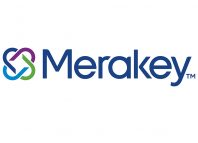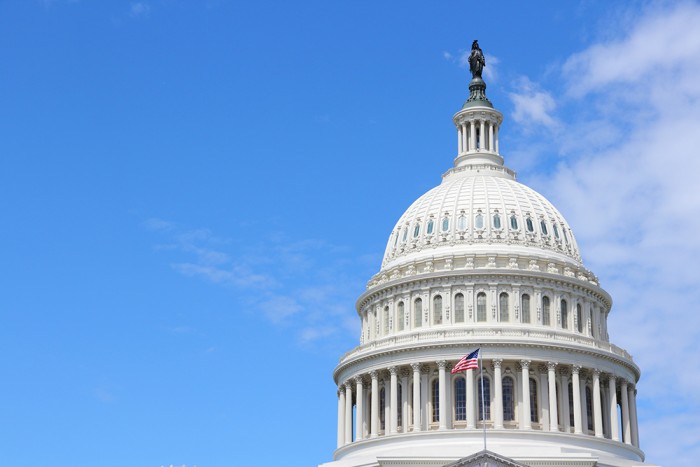The RCPA Behavioral Health Telehealth Work Group will meet Tuesday, December 20, from 10:00 am to 12:00 pm.
Jim Sharp
Lakeside Global Institute Training Opportunities on Trauma and Trauma-Informed Care Now Available
Council for State Governments to Hosts Juvenile Justice Webinar on Dec. 8
Creative Solutions and Opportunities to Address the National Juvenile Justice System Staffing Crisis
Please join The Council of State Governments (CSG) Justice Center, Georgetown University’s Center for Juvenile Justice Reform, and the University of Cincinnati Corrections Institute for a facilitated dialogue with national experts regarding the current staffing crisis in juvenile justice systems across the country.
Juvenile justice agencies’ abilities to effectively recruit, hire, and retain qualified staff is currently in crisis. This webinar will bring national attention to a project to address the staffing crisis occurring in juvenile justice systems across the country.
It will also briefly outline the problem, engage with national experts on creative solutions, and highlight an upcoming opportunity to provide input on forthcoming resources to assist the field.
If you have questions, please contact RCPA Policy Director Jim Sharp.
Deputy Secretary Jon Rubin to Depart OCYF
RCPA has been notified by the Office of Children, Youth, and Families (OCYF) that Deputy Secretary Jon Rubin will be departing his position at the end of the year. Below is a message from the Deputy Decretory Rubin.
Dear Colleagues,
I am writing to share that I have made the difficult decision to step down from my position as the Deputy Secretary for the Office of Children, Youth, and Families effective December 23, 2022.
It has truly been an honor to serve the residents of Pennsylvania in this role for the past three years. During my time in office, I have been so impressed by the commitment of our OCYF staff, county and provider agency partners, and the many caring and passionate individuals that make up our child welfare system and human services community. I look forward to seeing the future successes of OCYF and the continued efforts to shift practices towards a more prevention-oriented system along with our day-to-day efforts to keep kids safe in Pennsylvania.
In gratitude,
Jon
On behalf of RCPA, we wish Jon well and thank him for his collaboration, partnership, and leadership during very challenging times and for the manner in which he has supported our members, providers, and child welfare initiatives in the Commonwealth.
Behavioral Health Commission Funding Further Delayed
Updated Clarification Regarding OMHSAS Flexibilities
Did You Know Your RCPA Membership Includes ANCOR and National Council Benefits?
City & State Media Name Power 100 for PA Nonprofits: RCPA Members and Partners Recognized
City & State PA is a premier multi-media news firm that dedicates its coverage to Pennsylvania’s state and local government, political, and advocacy news. City & State PA annually cite among their Power 100 rankings those in the nonprofit field for their achievements and contributions. This year, several RCPA members and stakeholder partners have been recognized for their efforts in their field and those they serve. Included in the list are:
- Jill Bowen, Philadelphia Department of Behavioral Health and Intellectual Disability Services;
- Colleen McNichol, President and CEO, Child Guidance Resource Center;
- Marco Giordano, CEO, Resources for Human Development;
- Mike Smith, President and CEO, Goodwill of Southwestern Pennsylvania;
- Gordon May, President and CEO, CONCERN 4 Kids;
- Sherri Landis , Executive Director The Arc of Pa; and
- Representative Frank Ferry Pa House of Representative 142nd Districts.
RCPA congratulates these members and partners for their recognition in this year’s Power 100 Nonprofit Leaders. You can view the full article here.
CMS Releases Final 2023 Physician Fee Schedule
This week, the Centers for Medicare & Medicaid Services (CMS) announced the Calendar Year 2023 Physician Fee Schedule (PFS) final rule. The final rule includes several National Council and RCPA recommended priorities. These are wins for mental health and substance use care organizations that will help expand access to care by strengthening the workforce.
RCPA recommends members review this 2023 Physicians Fee Schedule Final Rule Summary for impacts on your agencies practice and/or policies.
Key Highlights:
- Telehealth Flexibility Extensions: CMS is extending telehealth flexibilities implemented under the Public Health Emergency (PHE) for a 151-day period after the expiration of the PHE.
- CMS is allowing behavioral health clinicians to offer services incident to a Medicare practitioner under general (rather than direct) supervision.
- Licensed professional counselors and marriage and family therapists are now able to bill incident to Medicare practitioner for their services.
- Medicare will allow opioid treatment programs to use telehealth to initiate treatment with buprenorphine for patients with opioid use disorder, continuing the flexibilities under the Ryan Haight Act of 2008.
- CMS is also clarifying that opioid treatment programs can bill for opioid use disorder treatment services provided through mobile units, such as vans, in accordance with Substance Abuse and Mental Health Services Administration (SAMHSA) and Drug Enforcement Administration (DEA) guidance.
The Final Rule, in alignment with the Consolidated Appropriations Act (CAA) of 2022, implements an extension of a number of flexibilities for a 151-day period after the expiration of the Public Health Emergency (PHE), which is set to expire on January 11, 2023.
In the event of further extensions of the federal PHE, we will communicate this info to members. Under the current timeframe for PHE continuation, states must be notified by November 11, 2022.
We thank our members and Steering Committees for their guidance, recommendations, and support through the review process. If you have any questions, please contact your respective RCPA Policy Director.
















